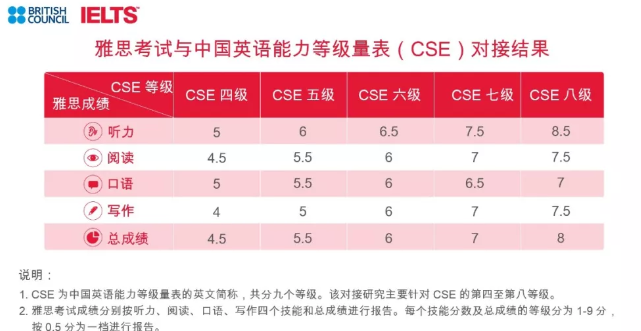2008年职称英语卫生类教材新增部分内容(五)c
|
Fruit and vegetables juices as beneficial to health as fruits and veggies1 A European study has revealed that 100 percent fruit and vegetable juices are as effective as their whole fruit/vegetable counterparts in reducing risk factors related to certain diseases. The conclusion is the result of the study designed to question traditional thinking that 100 percent juices play a less significant role in reducing risk for both cancer and cardiovascular disease than whole fruits and vegetables. Juices are comparable in their ability to reduce risk compared to2 their whole fruit/vegetable counterparts, according to several researchers in the United Kingdom who conducted the literature review. The researchers analyzed a variety of studies that looked at risk reduction attributed to3 the effects of both fiber and antioxidants. As a result, they determined that the positive impact fruits and vegetables offer come not from just the fiber but also from antioxidants which are present in both juice and the whole fruits and vegetables.4 “When considering cancer and coronary heart disease5 prevention, there is no evidence that pure fruit and vegetable juices are less beneficial than whole fruit and vegetables,” the researchers said. The researchers added that the positioning of juices as being nutritionally inferior to6 whole fruits and vegetables in relationship to chronic disease development is “unjustified” and that policies, which suggest otherwise about fruit and vegetable juices, should be re-examined. The researchers who authored the paper suggest that more studies in certain area are needed to bolster their findings. “Although this independent review of the literature is not designed to focus on any particular 100 percent juice, it does go a long way7 in demonstrating that fruit and vegetable juices do play an important role in reducing the risk of various diseases, especially cancer and cardiovascular disease,” said Sue Taylor. Her opinion is in agreement with8 the Juice Products Association,9 a non-profit organization not associated with this research. She added that appropriate amounts of juices should be included in the diet of both children and adults, following guidelines established by leading health authorities. Taylor also points to a large epidemiological study, published in the September 2006 issue of the Journal of Medicine, which found that consumption of a variety of 100 percent fruit and vegetable juices was associated with a reduced risk for Alzheimer’s disease.10 In fact, that study found that individuals who drank three or more servings of fruit and vegetable juices per week had a 76 percent lower risk of developing Alzheimer’s disease than those who drank juice less than once per week. The study was published in the International Journal of Food Science and Nutrition11 (2006). 词汇: counterpart n. 对应的人或物 cardiovascular adj. 心血管的 comparable adj. ( ~ to/with ) 可与…相比的,比得上…的 fiber ( = fibre ) n. 纤维 antioxidant ( = antioxygen ) n. 抗氧化剂 coronary adj. 冠状的 position n.位置 vt. 安排,安置;定位 nutritionally adv. 营养上 inferior adj. 低等的,劣等的。次的 bolster vt. 支持,支撑 non-profit adj. 不营利的,非营利性的 epidemiologic(al) adj. 流行病学的 serving n. 一份饭菜 |








